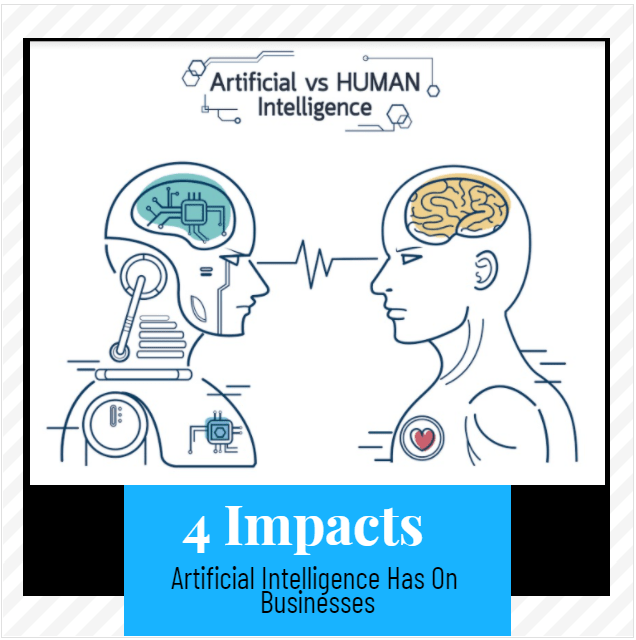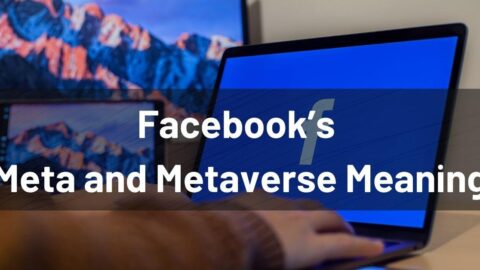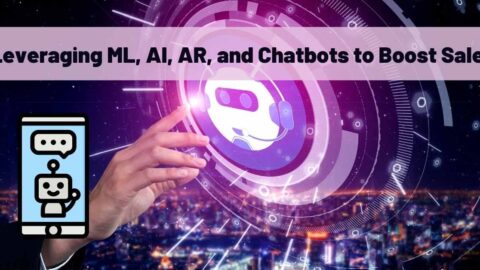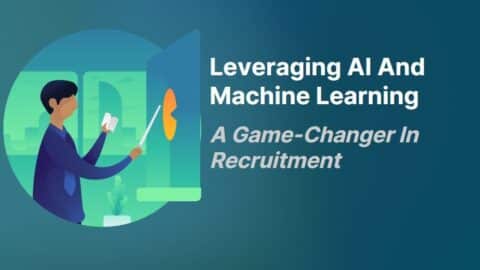4 Impacts Artificial Intelligence Has On Businesses
Artificial Intelligence has been impacting businesses for a long time and will likely impact in the future. Since the dawn of the industrial revolution, business owners and factory managers have learned that the use of machines is indispensable in attaining increased efficiency and productivity. They’re needed for any company to stay competitive. Few will argue, for instance, that the introduction of the steam engine revolutionized the manufacturing process with more power.
Table of Contents
The formula back then was quite simple: humans will provide the thinking; machines will do the working. Little did they realize back then that the time will come when both working and thinking would be done best if they’re merged in machines. Analysis of the most recent data and trends on artificial intelligence statistics indicates that AI has resulted in radical changes and significant impacts in manufacturing, trading, and service businesses.
How Artificial Intelligence Has Impacted Businesses
Artificial intelligence (AI) is achieving so many improvements in businesses, which were previously thought impossible or even unthinkable. AI is providing solutions to business challenges, which were thought of as insurmountable before. Read on to know AI’s impact on businesses.
1. Knowing Your Customer, Even Millions Of Them
One of the most significant impacts of Artificial Impact on businesses is that it has enabled so many businesses to crunch data about their customers at the speed of light. This has enabled businesses to engage their customers at a more intimate level because they can summon the complete data about a specific customer with a few clicks.
With AI, data about a customer’s history of purchases, payments, and even issues will be optimized in the way the business deals with one specific customer. And, with the computing power of AI, this can be done to millions of customers even if they all chat up the eCommerce site all at the same time. And, the best part of it is that no humans are needed to respond to them. Chatbots will handle everything.
2. Increasing Efficiency With Automation
An early impact of Artificial Intelligence on businesses is increased efficiency in business operations and project management through the automation of repetitive tasks. Many of the tasks that businesses do are repetitive. If many of the tasks they do are repeated on a regular basis, then these tasks can be automated with the use of AI.
In the human resource departments for instance, they recruit, test, interview, hire, and onboard talents. In operations, they prepare the raw materials, building blocks, or assembly components, they commence the assembly or manufacturing process, and then they check for quality assurance, package the items, and send them out to logistics for delivery. In finance, they pay suppliers and service providers, prepare the payroll and upload funds, collect payments, and prepare accounting books.
Artificial Intelligence has caused a significant impact by automating these business tasks, which are repetitive. This has tremendously increased the efficiency of a lot of businesses.
3. Increased Upselling By Predicting Buyer Preferences
The third business aspect on which AI has caused an impact is sales and marketing. AI has enabled businesses to make use of large amounts of data they collect about their buyers and customers to predict other items, which they might be interested in if offered to them in a timely manner. This is a technique called upselling, which can bring in substantial additional revenues when properly harnessed.
The tricky part about upselling is that human agents and sellers don’t really know what their customers are also planning to purchase at around the same time. Some contact centers, however, require their agents to look up the customer’s profile and history of previous purchases to see if they could upsell one or two more products or services. This could backfire if the customer becomes irate when they sense some suave selling applied to them.
With AI, by contrast, upselling can be part of a streamlined and subtle process wherein pushed advertisements and product recommendations pop up on a customer’s computer or smartphone screen. There’s no payroll expense to maintain the seller agent, and no negative customer experience because they won’t hear any human agent applying suave selling techniques on them.
4. Data-Driven Decision-Making Processes
Another positive impact of Artificial Intelligence on businesses is that executives and managers can now make decisions based on actual data collected from business operations, sales performance, and buyer profiles and preferences.
Even up to now, the need for wise decision-making from the top by executives and managers remains important. With the changes and uncertainties in the business environment, it remains important for business leaders to be able to make decisions that would contribute to the constant improvement of business operations, increase sales revenues, and bring down operational costs and business expenses to their optimal minimum.
With the flood of so much data and information, however, even the smartest and most experienced business leaders, with proven insight and acumen for wise business decisions, can be overwhelmed by the amount of data they have to study and process.
With the power, speed, efficiency, precision, and accuracy that AI brings to the decision-making table, the wisdom of executives is optimized by focusing it on things where it’s most needed—on how to make the most of the interpretations and implications shown by the data to make a choice.
Artificial Intelligence Impacts On Businesses
AI has, indeed, resulted in tremendous and irreversible impacts on businesses in various industries. It has enabled businesses to engage their customers on a level of intimacy never before attained. AI has increased efficiency by automating repetitive tasks, generated more sales by leveraging known buyer preferences, and empowered business leaders by providing ease of reference to data and interpretations needed to come up with wise choices.
See Also
What is Artificial Intelligence?

With more than 20 years of progressive experience as Program Manager and Project Manager had led complex IT projects/programs in a wide variety of industries in America, Latin America & Italia.
Mario Bisson Andini is an advanced Program Manager who is the founder of Bisson Training.











